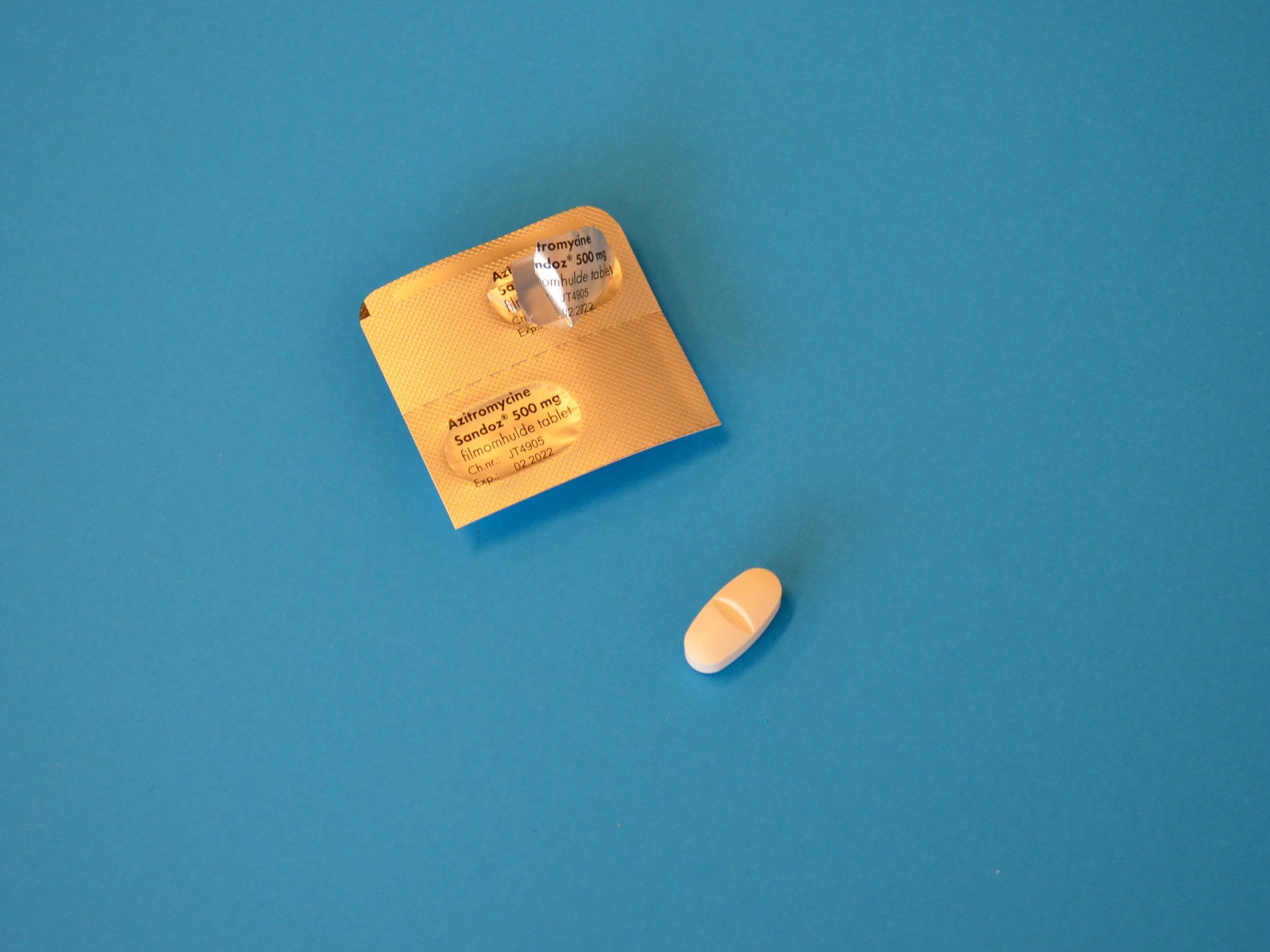The European Commission, the Heads of Medicines Agencies (HMA) and the European Medicines Agency (EMA) are today issuing recommendations for actions to avoid shortages of key antibiotics used to treat respiratory infections for European patients in the next winter season.
These recommendations, which have been developed through the Executive Steering Group on Shortages and Safety of Medicinal Products (MSSG), complement the process to develop an EU list of critical medicines. In close cooperation with the EU Member States, the Commission will take operational follow-up actions, including, if necessary, possible joint procurements.
Recommendations to ensure sufficient supply for EU patients
If the demand in the coming winter season is similar to an average level of consumption in previous years, the data collected suggest that supply to the EU of oral formulations of key first and second-line antibiotics for respiratory infections will match demand in the coming winter season. EMA and the European Health Emergency Preparedness and Response Authority (HERA) will continue to work with marketing authorisation holders to strengthen measures to increase the supply of some intravenous antibiotics.

Antimicrobial resistance remains a health threat in Europe |
To be better prepared for the winter season, the EMA’s Executive Steering Group on Shortages and Safety of Medicinal Products (MSSG) agreed on the following recommendations for pro-active actions:
- Increase the production of key antibiotics: To avoid shortages in the upcoming autumn and winter season, EMA and HERA are recommending to continue to engage with marketing authorisation holders to step up measures to increase production. Early action ahead of the autumn and winter season should give manufacturers enough time to ensure they have sufficient manufacturing capacity to meet the demands.
- Monitoring of supply and demand: EMA and the Commission, together with Member States will continue to monitor the demand and supplies in cooperation with companies. Given that the measures taken are designed to ensure sufficient supply, all stakeholders are reminded to order medicines as normal, with no need to stockpile medicines. Stockpiling medicines can put further strain on supplies and cause or worsen shortages.
- Public awareness and prudent use: Antibiotics should be used prudently to maintain their efficacy and avoid antimicrobial resistance. Medical professionals have a key role to play, and antibiotics should only be prescribed to treat bacterial infections. They are not suitable for treating viral infections such as cold and flu, where they are not effective. Citizen awareness raising initiatives are also advised.
Next steps
In line with the European Council conclusions of June 2023, EMA and the Commission through HERA will continue to closely monitor demand and supply and interact with marketing authorisation holders throughout the rest of the year to detect early any unexpected shortfalls of supplies and take any necessary measures. A dedicated HERA Board meeting with representatives of the member States’ Ministries of Health, the Commission and the industry will take place on Thursday 20 July to discuss the matter further and agree on possible additional steps.
More information: European Commision







Leave a Reply